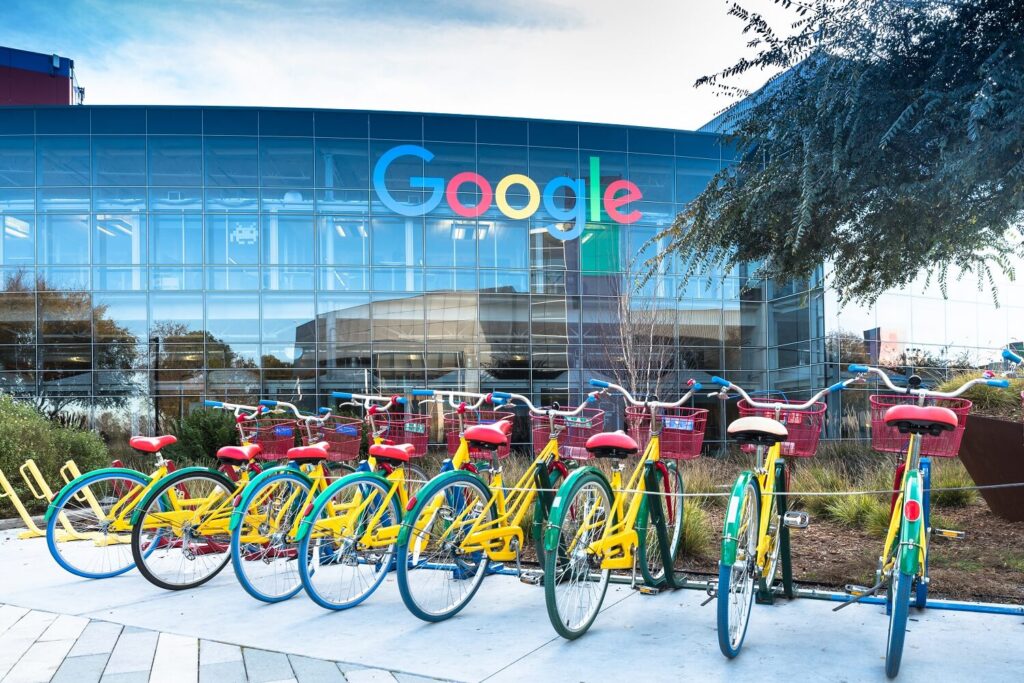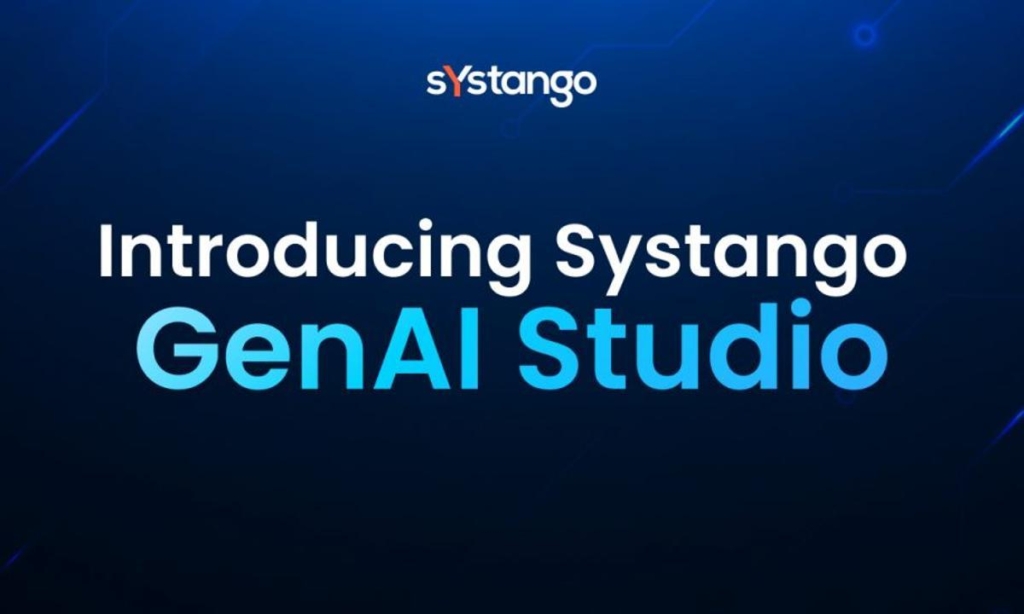Alphabet’s Google is currently on trial in Boston before a federal jury on allegations that the processors it uses to power artificial intelligence (AI) technology in key products infringe on patents held by Singular Computing, which was founded by computer scientist Joseph Bates.
According to Singular Computing, based in Massachusetts, Google stole Bates’ technology and used it to support AI features in products such as Google Search, Gmail, and Google Translate.
Google refutes the claims, claiming that Singular’s patents are “dubious” and that its processors were developed independently.
Singular has reportedly asked for up to $7 billion in damages, which exceeds the largest-ever patent infringement award in US history. The trial will likely last two to three weeks.
The complaint against Google claims that the company’s Tensor Processing Units, which were introduced in 2016 to improve AI capabilities, infringe on two of Bates’ patents. Singular claims that these units, specifically versions 2 and 3 released in 2017 and 2018, infringe on its patent rights.
Google, on the other hand, claims that its processors are not compatible with Singular’s patented technology and that the patents are invalid.
The company also claims that it rejected Bates’ idea because it was unsuitable for the applications Google was developing at the time.
Aside from the ongoing trial, a separate case in a United States appeals court in Washington will consider whether to invalidate Singular’s patents, with Google appealing from the United States Patent and Trademark Office.
The outcomes of both cases could have far-reaching consequences for the industry’s use of AI technology and patent rights.



